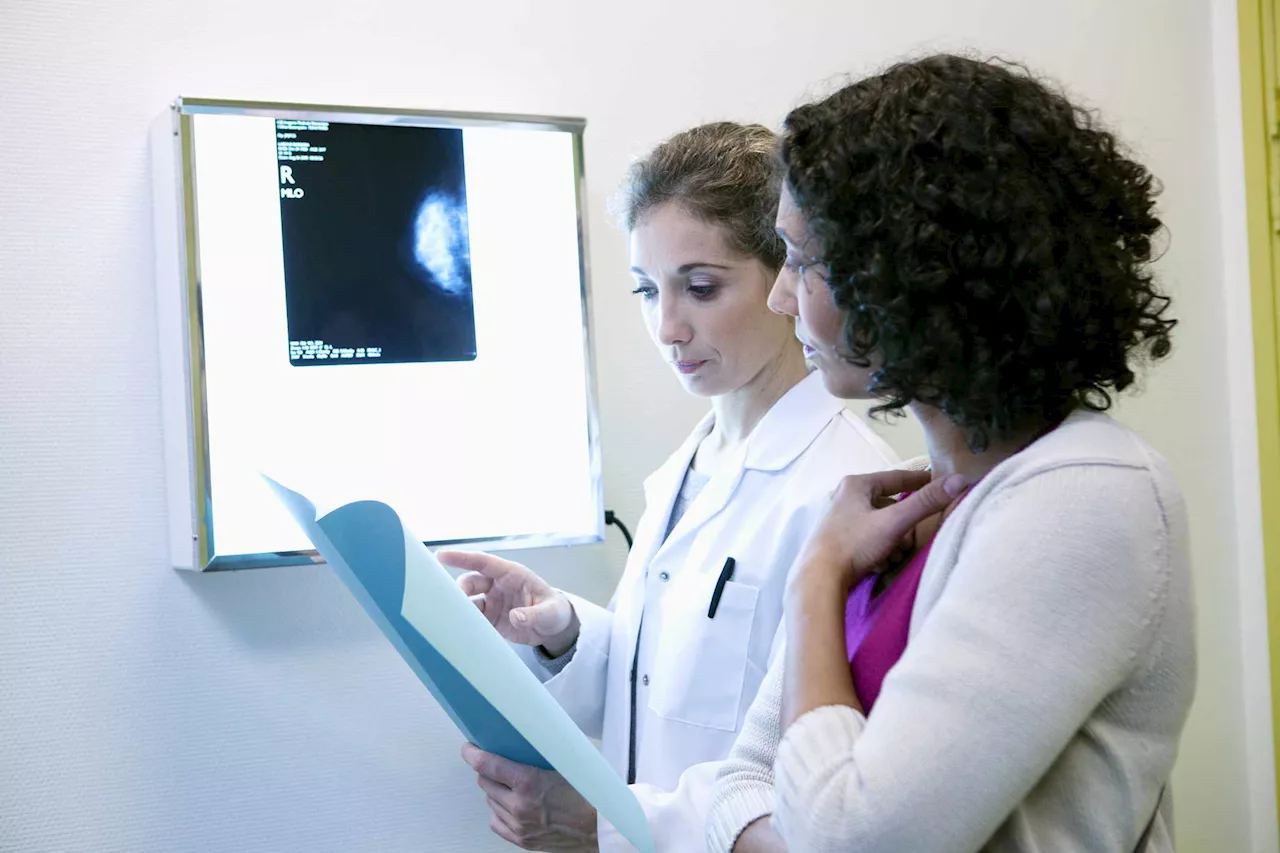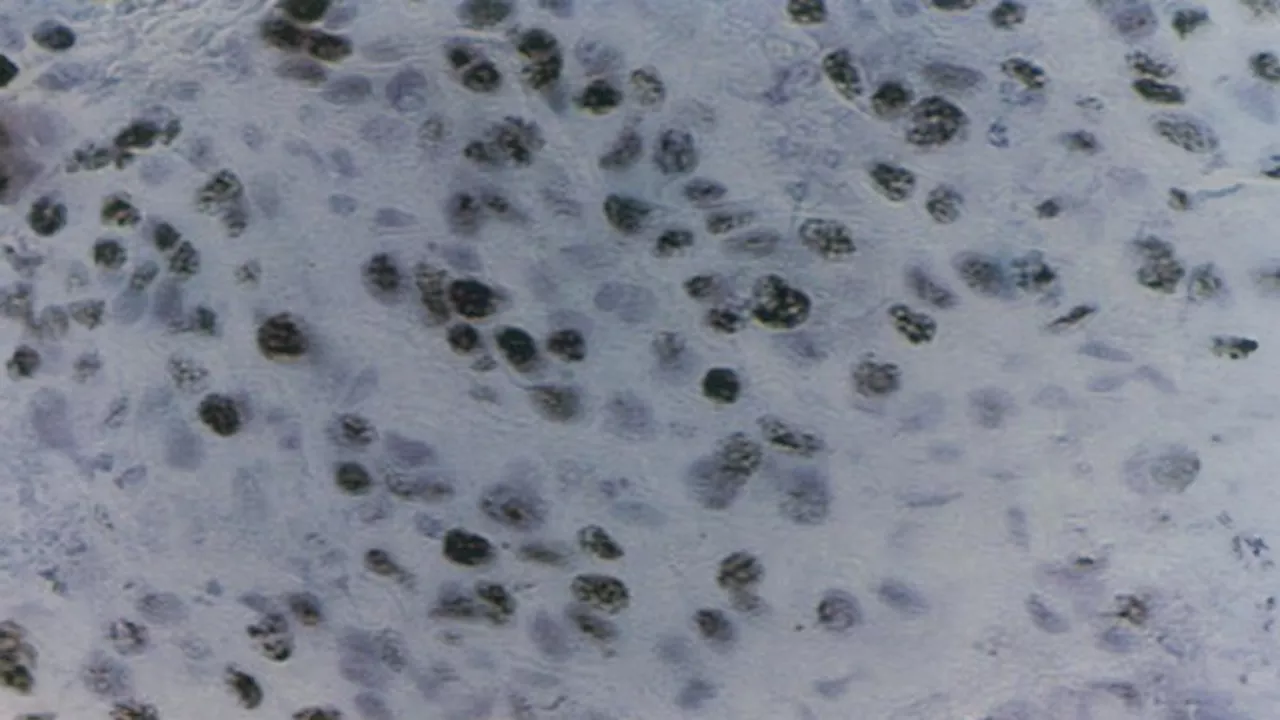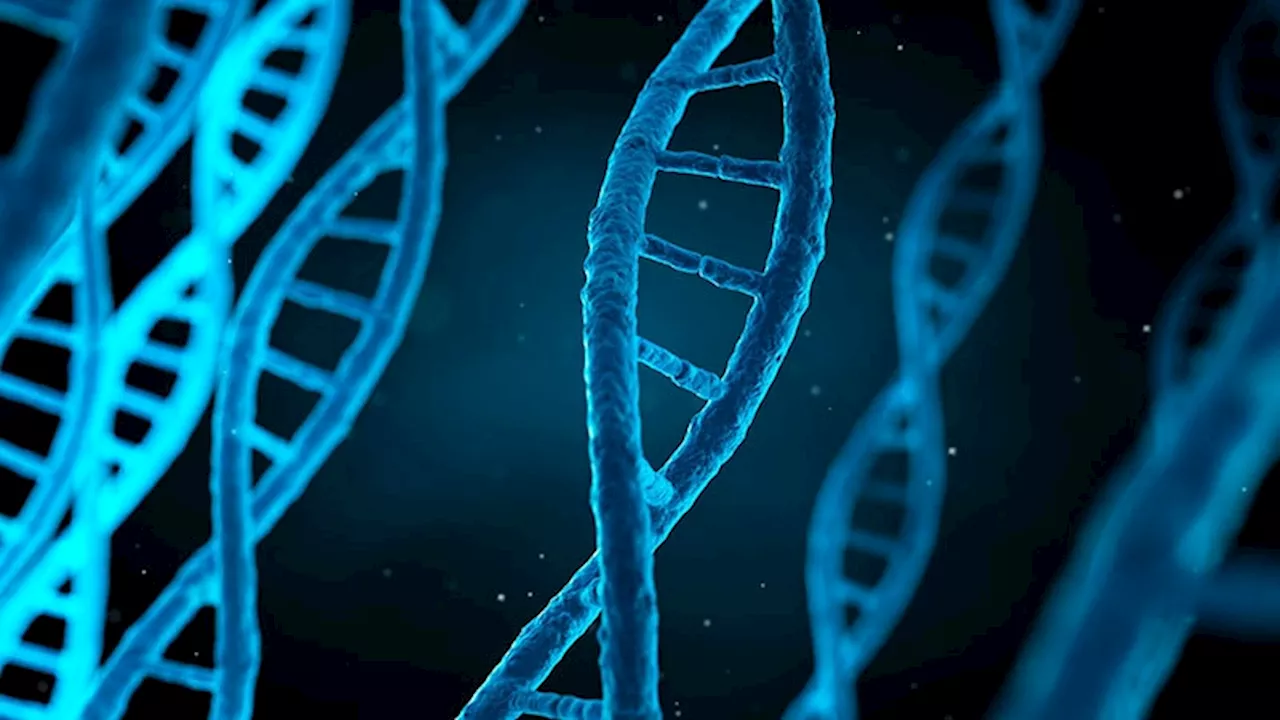Circulating tumor DNA (ctDNA) can help predict the risk of relapse in certain cases of early, high-risk breast cancer, according to study presented at the American Society of Clinical Oncology annual meeting.
CHICAGO — Circulating tumor DNA can predict relapse risk in some cases of early, high-risk breast cancer , but it's too soon to use it to guide adjuvant therapy decisions, according to a study presented at the American Society of Clinical Oncology annual meeting.
Eventually,"we would like to use" ctDNA to guide adjuvant treatment decisions, but the research isn't there yet, Dr Loi said. It's possible, for instance, that persistently detectable ctDNA indicates early treatment failure and the need for treatment intensification. Future research should tackle the issue., MD, PhD, a breast cancer specialist at Institut Curie, Paris, agreed that ctDNA isn't ready for primetime in adjuvant early, high-risk breast cancer.
Overall, ctDNA detection was infrequent. Just 8% of patients were positive at baseline and 17% were positive at any point during the trial. Even so, ctDNA detection at any point was adversely prognostic. For instance, all 34 patients who were positive at baseline and remained positive had an IDFS event by year 4, versus just 40% who started positive but then cleared their ctDNA.
Malignant Breast Neoplasm Breast Carcinoma Cancer Malignant Neoplasia Carcinoma Malignant Neoplasm Breast Mammary Gland Metastasis Metastatic Carcinoma Metastatic Cancer Metastases Tumor Adjuvant Chemotherapy Adjuvant Therapy Chemotherapy Endocrine Therapy
United States Latest News, United States Headlines
Similar News:You can also read news stories similar to this one that we have collected from other news sources.
 Does Benign Breast Disease Increase the Risk of Breast Cancer?Not all breast changes are cancerous. Research has shown that having a history of benign breast disease can increase the risk for breast cancer later in life.
Does Benign Breast Disease Increase the Risk of Breast Cancer?Not all breast changes are cancerous. Research has shown that having a history of benign breast disease can increase the risk for breast cancer later in life.
Read more »
 Hormone therapy for breast cancer linked with lower dementia riskHormone modulating therapy (HMT) used for the treatment of breast cancer was associated with a 7% lower risk of developing Alzheimer's disease and related dementias later in life, according to a new study.
Hormone therapy for breast cancer linked with lower dementia riskHormone modulating therapy (HMT) used for the treatment of breast cancer was associated with a 7% lower risk of developing Alzheimer's disease and related dementias later in life, according to a new study.
Read more »
 40% of cancer linked to avoidable risk factors: American Cancer Society study4-in-10 cancer cases, and about half of all cancer deaths in Americans 30 and older could be attributed to modifiable risk factors, including cigarette smoking, overweight, alcohol consumption, physical inactivity, diet and infections
40% of cancer linked to avoidable risk factors: American Cancer Society study4-in-10 cancer cases, and about half of all cancer deaths in Americans 30 and older could be attributed to modifiable risk factors, including cigarette smoking, overweight, alcohol consumption, physical inactivity, diet and infections
Read more »
 A double mastectomy to beat breast cancer will not improve chances of survival, study reveals“Those choosing a double mastectomy — a procedure to remove both breasts, even if only one is affected by the cancer — were shown to have no advantage over those who had a less final lumpecto…
A double mastectomy to beat breast cancer will not improve chances of survival, study reveals“Those choosing a double mastectomy — a procedure to remove both breasts, even if only one is affected by the cancer — were shown to have no advantage over those who had a less final lumpecto…
Read more »
 T-DM1 Yields 'Outstanding' Long-Term Outcomes in Early HER2+ Breast CancerOne year of adjuvant T-DM1 demonstrated high 5-year invasive disease-free survival rates in patients with stage I HER2-positive breast cancer, researchers reported.
T-DM1 Yields 'Outstanding' Long-Term Outcomes in Early HER2+ Breast CancerOne year of adjuvant T-DM1 demonstrated high 5-year invasive disease-free survival rates in patients with stage I HER2-positive breast cancer, researchers reported.
Read more »
 Black Women With Breast Cancer Face Clinical InequitiesA study found Black metastatic breast cancer patients with PIK3CA mutations were less likely to receive targeted therapy or join trials than White patients.
Black Women With Breast Cancer Face Clinical InequitiesA study found Black metastatic breast cancer patients with PIK3CA mutations were less likely to receive targeted therapy or join trials than White patients.
Read more »
